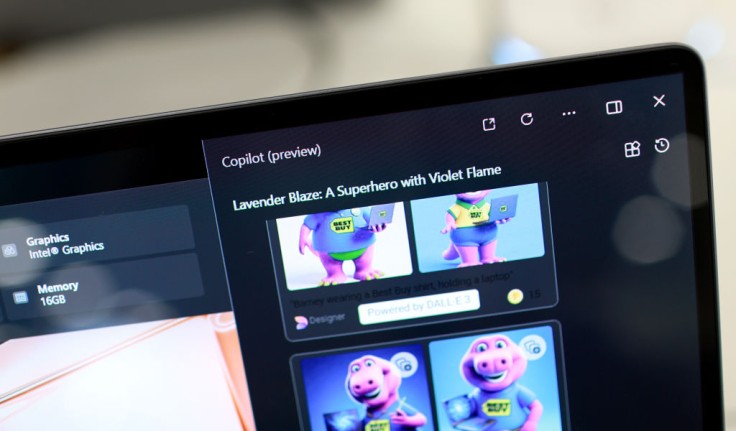
Nearly three-fourths of teenagers in the United States are using generative artificial intelligence for homework help and other purposes without the knowledge of their parents and teachers.
In a new report titled "The Dawn of the AI Era" from nonprofit Common Sense Media, researchers found that seven in 10, or 70%, of teens aged 13 to 18 in the US have used at least one type of generative AI.
By far, AI-supported search engines such as Bing and Google were the most common (56%) AI tools used by teens. At least 51% cited using chatbots like ChatGPT and Google Gemini, 34% said they used image generators, and 22% mentioned using AI video generators.
Why Are Teens Using Generative AI?
Teens surveyed by the nonprofit cited a variety of reasons for using AI, but 53% said they used it for homework help. Of those, 46% of students said they did not get permission from their teachers to use AI.
The second and third most common purposes for using AI were to fend off boredom (42%) and translation (41%).
Read also: 1 in 10 Children Say Their Friends Used AI To Generate Deepfake Nudes of Their Peers: Survey
Though not as common, 19% said they used AI to create content as a joke, 18% used it to get personal advice, 15% said AI keeps them company, and 14% used AI to get health advice.
By race and ethnicity, Black and Latino teens were more likely to use generative AI. Additionally, Black teens who were surveyed also said teachers flagged their schoolwork as AI-generated when it was not at a rate more than twice as likely as white or Latino teens.
Do Parents Know About Their Teen's Use of Generative AI?
The survey found a significant gap in the parent's awareness of their child's use of generative AI tools. One in four parents (23%) said they falsely thought their child did not use any AI tool while 39% said they were unsure.
When asked how they felt about their teens using AI, 26% believed the tool would help their children's learning in school. On the other hand, 31% said they think AI will have a negative impact on their teen.
The survey polled 1,045 adults who are either parents or guardians of teens. It also collected responses from 1,045 teenagers aged 13 to 18.